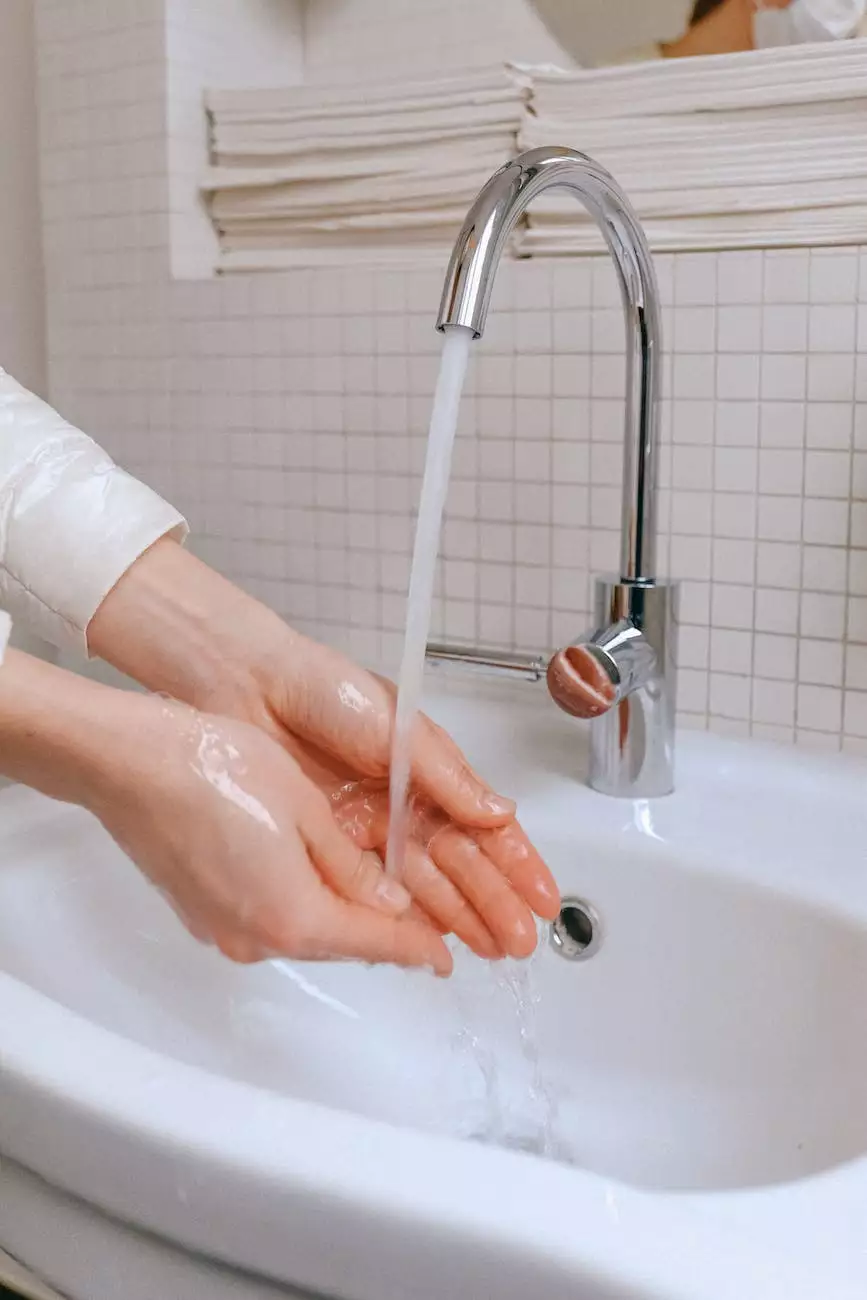How to Get Rid of Drain Flies | Home Remedies for Drain Fly Infestation
Blog
Introduction
Drain flies, also known as moth flies or sewer gnats, can be a nuisance in homes and businesses. These tiny insects breed in drains, particularly those with organic debris or standing water. If you're dealing with a drain fly infestation, there are several steps you can take to eliminate them using simple home remedies. In this guide, we'll provide you with detailed instructions on how to get rid of drain flies and prevent future infestations.
Identifying Drain Flies
Before you can effectively combat drain fly infestations, it's important to be able to identify them. Drain flies are small, usually measuring about 1/8 inch in length. They are gray or tan in color, have fuzzy bodies, and hold their wings in a characteristic roof-like formation when at rest. These flies are commonly found around sinks, showers, and floor drains, as well as in sewer systems. If you notice small flies hovering near drains, chances are you have a drain fly problem that needs attention.
Causes of Drain Fly Infestations
Drain flies are attracted to areas with moist conditions and decaying organic matter. Common causes of drain fly infestations include:
- Accumulated debris in drains
- Leaky pipes or faucets
- Standing water in drains or sink overflow holes
- Cracked or damaged drain pipes
- Inadequate plumbing maintenance
Home Remedies to Get Rid of Drain Flies
When dealing with drain fly infestations, you can employ various home remedies to eliminate these pests. Here are some effective methods:
1. Clean and Scrub Drains
Start by thoroughly cleaning and scrubbing your drains to remove any accumulated debris or organic matter that drain flies might be breeding in. Use a drain brush or an old toothbrush to scrub away any gunk inside the pipes. Rinse the drains with hot water to flush out any loosened debris.
2. Boiling Water
Pouring boiling water down your drains can help kill drain fly eggs and larvae. Boil a kettle of water and carefully pour it down each affected drain. This simple remedy can be repeated every few days to ensure any surviving flies or eggs are eliminated.
3. Vinegar and Baking Soda
A mixture of vinegar and baking soda is not only effective for cleaning, but it can also help destroy drain fly eggs and larvae. Start by pouring half a cup of baking soda down the drain, followed by a cup of vinegar. Cover the drain and let the mixture sit for a few hours. Finally, flush the drain with hot water to remove any remaining debris.
4. Biological Drain Cleaners
Biological drain cleaners contain natural enzymes that break down organic matter. These cleaners can help eliminate potential breeding sites for drain flies. Follow the instructions on the product label and use them as directed to effectively clear your drains of organic debris.
5. Repair Leaks and Seal Cracks
Damp and moist areas attract drain flies. Regularly inspect your plumbing system for leaks or cracks that might be providing a breeding ground for these pests. Repair any issues promptly and seal any gaps or cracks to ensure drain flies don't have easy access to moisture.
Preventing Drain Fly Infestations
Once you have successfully eradicated drain flies from your home, it's important to take preventive measures to avoid future infestations. Here are some tips to prevent drain flies:
1. Regular Drain Maintenance
Make it a routine to clean your drains regularly. Flush them with hot water and use an enzymatic cleaner to break down and remove any organic matter that could attract drain flies. By maintaining clean drains, you can significantly reduce the chances of an infestation.
2. Fix Plumbing Issues Promptly
Address any plumbing issues, such as leaks or damaged pipes, as soon as they arise. Regularly inspect your plumbing system, paying close attention to areas prone to dampness. By fixing problems quickly, you can minimize the chances of drain fly infestations.
3. Install Drain Screens
Installing screens or drain covers over your drains can help prevent drain flies from entering your pipes. These screens act as physical barriers, stopping flies from laying eggs in standing water or organic matter within the drains.
4. Keep Drains Dry
After using sinks or showers, make sure to wipe them dry with a towel. Standing water is an open invitation for drain flies to breed. By keeping your drains dry, you can discourage these pests from infesting your home.
Conclusion
Drain flies can be a frustrating problem, but with the right home remedies and preventive measures, you can effectively eliminate them and maintain a clean, pest-free environment. By regularly cleaning your drains, addressing plumbing issues, and practicing good drain maintenance, you can minimize the chances of drain fly infestations in your home. Remember to act promptly at the first sign of a problem to prevent the flies from multiplying and spreading further. With these tips, you'll be well on your way to achieving a drain fly-free environment!




